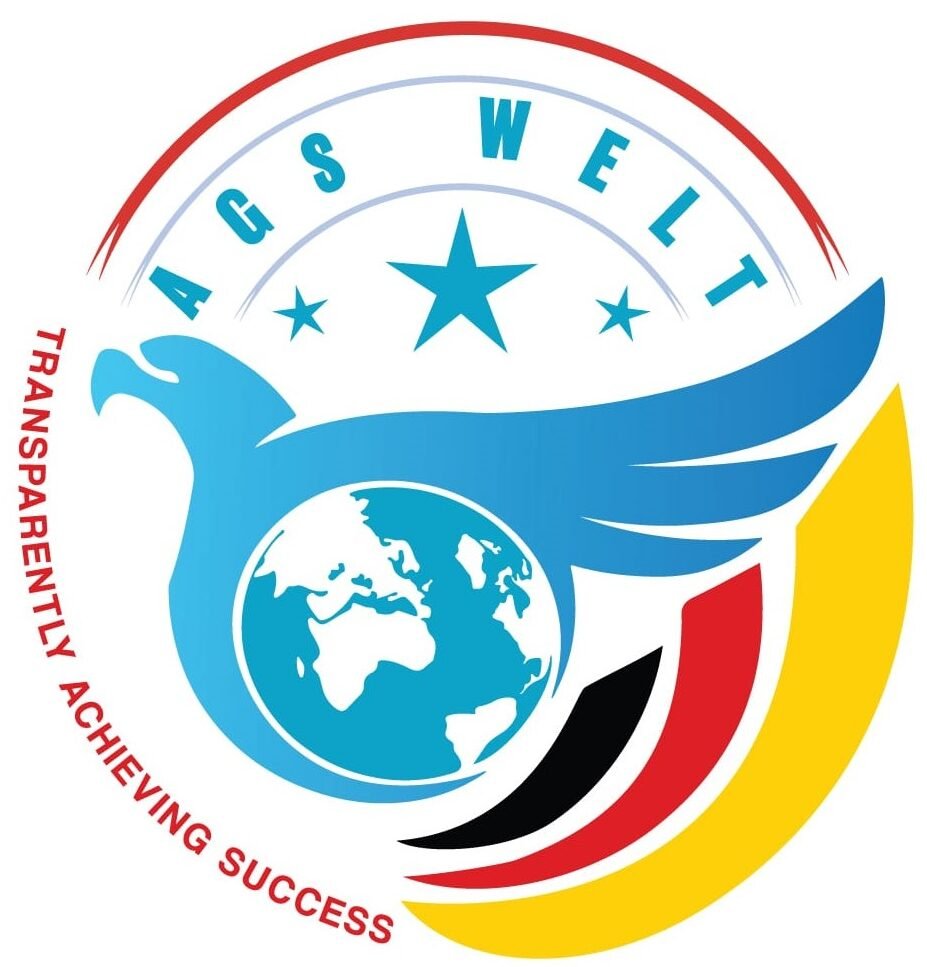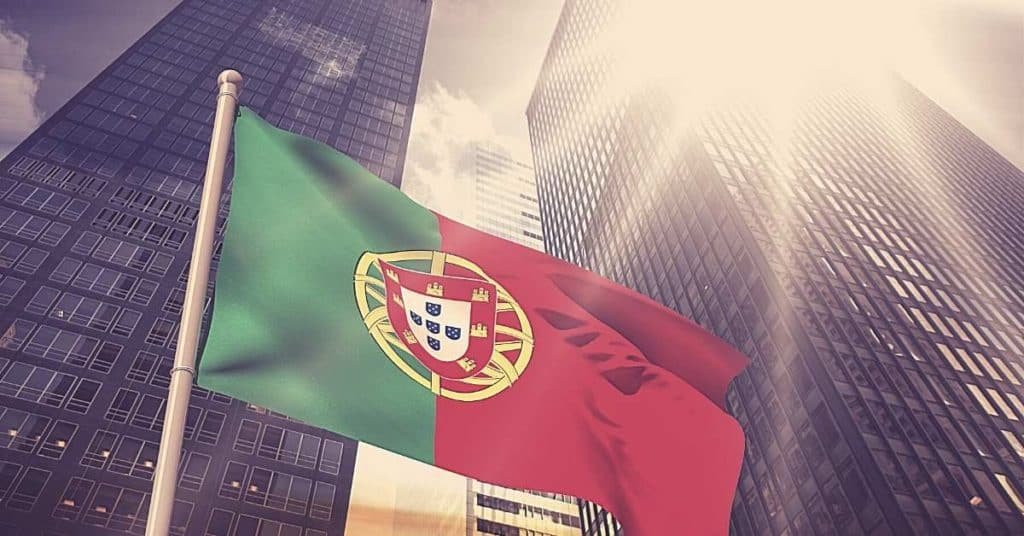Portugal is an attractive destination for immigrants, retirees, digital experts, and professionals seeking a change in their lifestyle or business opportunities. One of the most attractive visas for people who would love to live in Portugal is the D7 visa, also known as the Passive Income Visa. It is formulated for people who can sufficiently prove they have enough income for themselves as well as for dependents in Portugal.
In this article, we will present how to fit into the D7 Visa qualification requirements in Portugal, focusing primarily on the passive income requirements. We will discuss the eligibility criteria, explain how to apply, and answer any frequently asked questions that you need to know in order to be successful in applying for this residency visa.
What is D7 Visa Portugal?
D7 visa grants residency in Portugal to non-EU/EEA nationals. The visa is meant for those intending to settle in Portugal, whose income is stable and passive enough to support them without needing a job offer from any Portuguese employer. The D7 visa is sought after by retired expatriates, remote workers, and entrepreneurs whose income flows come from outside Portugal, such as pension benefits, rental income, returns from investments, or business income.
D7 visa permits to live, work, or study in Portugal for two years at first and after that can be extended for three more years. Holders of this visa may apply for permanent residency after five years of residing in Portugal. D7 is an attractive option because it offers a relatively easy process of application and the opportunity to live in a beautiful country with very low living costs, good medical care facilities, and less taxation on expats.
Eligibility Requirements for Portugal’s D7 Visa:
To become eligible for the D7 Visa, candidates must fulfill certain conditions and prove that they earn enough passive income to live and support themselves and their dependents in Portugal. Below are some basic requirements:
1. Proof of Passive Income:-
The crucial requirement of the D7 Visa is proving that you are financially sustainable and have a reliable passive income source. Your income comes from investments, rentals, business, pensions, or other ways without generally being employed. Mentioned below are some common sources of passive income for D7 Visa applicants:
Pension Income: If you are a retiree and receive a pension from your home country, it is passive income.
Rental Income: Money you receive from your own property that is rented out, whether in Portugal or outside of Portugal is also passive income.
Investment Returns: Return from investments such as interest, dividends, or capital gains from investments in stocks, bonds, or other financial assets qualify as passive income
Business Income: Income you make from your business, with no active involvement in handling the daily business operations.
Royalties or Copyright Income: Payments from intellectual property rights, such as books, patents, or artwork also qualify as passive income.
2. Minimum Income Requirements:-
In order to get a D7 Visa it is essential to fulfil the minimum income criteria provided by the Portuguese government. This criteria makes sure that applicants have sufficient income resources and can support themselves or their dependents without depending on social welfare or public assistance.
The current minimum income requirements for the D7 Visa are given below:
- Main Applicant: Minimum monthly passive income of 760 (equal to Portuguese minimum wage)
- Spouse or Partner: For spouse or partner there should be 380 per month in addition to the above 760.
- Children or Dependents: An additional €228 per month for each dependent.
These minimum requirements have been set in accordance with the minimum wage in the country and living cost in Portugal. There can be amendments to the above figures each year. So you have to update yourself before applying.
3. Proof of Accommodation in Portugal:-
You have to show that you have proper accommodation in Portugal. You can provide the rental agreement or property purchase agreement as evidence. Declaration from a family member or a friend will be required if they are offering you accommodation. The housing space should be appropriate and suitable for any dependents too.
4. Health Insurance:-
Applicants have to give proof of any health insurance that they may possess privately. Although there is a facility of public healthcare service for residents, you must show your private insurance facility since you are not eligible for their public services yet. So proper health insurance that covers you and your dependents during your stay in Portugal is mandatory.
5. Clean Criminal Record:-
D7 visa applicants must provide evidence of their clean criminal record demonstrating that they have not been involved in any legal disputes back in their home country.
How to Apply for Portugal’s D7 Visa: A Step-by-Step Guide
We can break down the whole process of D7 visa application into several steps including gathering necessary documents, submitting application, and the interview process. There are the following steps involved:
Step 1: Gather Required Documents
The following documents must be kept ready before applying for the D7 visa:
- Completed visa application form: It can be obtained from the Portuguese consulate in your home country.
- Valid passport: A valid passport is required that has a limit of at least 3 months in addition to your planned stay in Portugal.
- Proof of passive income: Documents to show your monthly or annual income are necessary. Passive income from pensions, investments, rental properties, or other sources must be mentioned.
- Proof of accommodation in Portugal: It includes a rental or property purchase agreement or invitation letter from friends or family.
- Health insurance: It includes evidence of healthcare insurance that covers you and your dependent family members in Portugal.
- Criminal record check: A certificate showing a clean criminal history in your home country is needed
- Proof of financial means: Evidence in the form of bank statements or funds is required to show that you fall under the minimum income requirement standard.
Step 2: Submit Your Application
After gathering all the required documents, you will need to submit your application to the Portuguese consulate or embassy in your country. You may need to take a prior appointment depending on the consulate.
After reviewing your documents, the consulate will grant approval l. After approval, you will get a visa and can travel to Portugal.
Step 3: Travel to Portugal
You can now travel too to call after getting your visa. After coming to Portugal you have to apply for a residence card at the Portuguese Immigration and Border Service (SEF).
Step 4: Apply for a Residence Card
Upon arrival in Portugal, you must complete the process of your residency and apply for a residence card. Getting a residence card means that you can live and work in Portugal. For this, you have to undergo an interview process and submit biometric data (fingerprints, photo, etc)
Step 5: Enjoy Your Stay in Portugal
After you get your residence card you will be granted residency for 2 years. This is an initial period after which you can remove for an additional 3 years. You may apply for permanent residency or citizenship after 5 years.
Common Questions About Portugal’s D7 Visa:-
1. Can I work while on the D7 Visa?
D7 visa is especially for people who have passive income resources. This visa allows you to live in Portugal but it does not allow you to work for a Portuguese employer. You can work for foreign companies while in Portugal which is remote work or you can run your business but cannot work for a Portuguese employer.
2. Can I bring my family?
D7 visa allows your spouse and children under the age of 18 and other dependents to come with you. All you have to show is that you can support them financially by showing your income proof.
3. Do I need to speak Portuguese?
There is no restriction of speaking Portuguese and it is not mandatory for a D7 Visa, but if you learn this language it will be easy for you to integrate in this country easily and communicate with other people.
Conclusion:-
The D7 visa in Portugal is an excellent option for retirees, digital experts, and individuals with a passive income source. It allows them to live in this beautiful country with a high quality of life. You have to fulfill the requirement of minimum passive income and provide the necessary documents after which you can become eligible for this visa and start your journey toward living in Portugal.
It is advisable to gather all the necessary documents and check the latest minimum income requirements before applying for this visa. With the right strategy and careful planning, you can enjoy living in this beautiful country as a resident while maintaining your passive income from outside the country.

